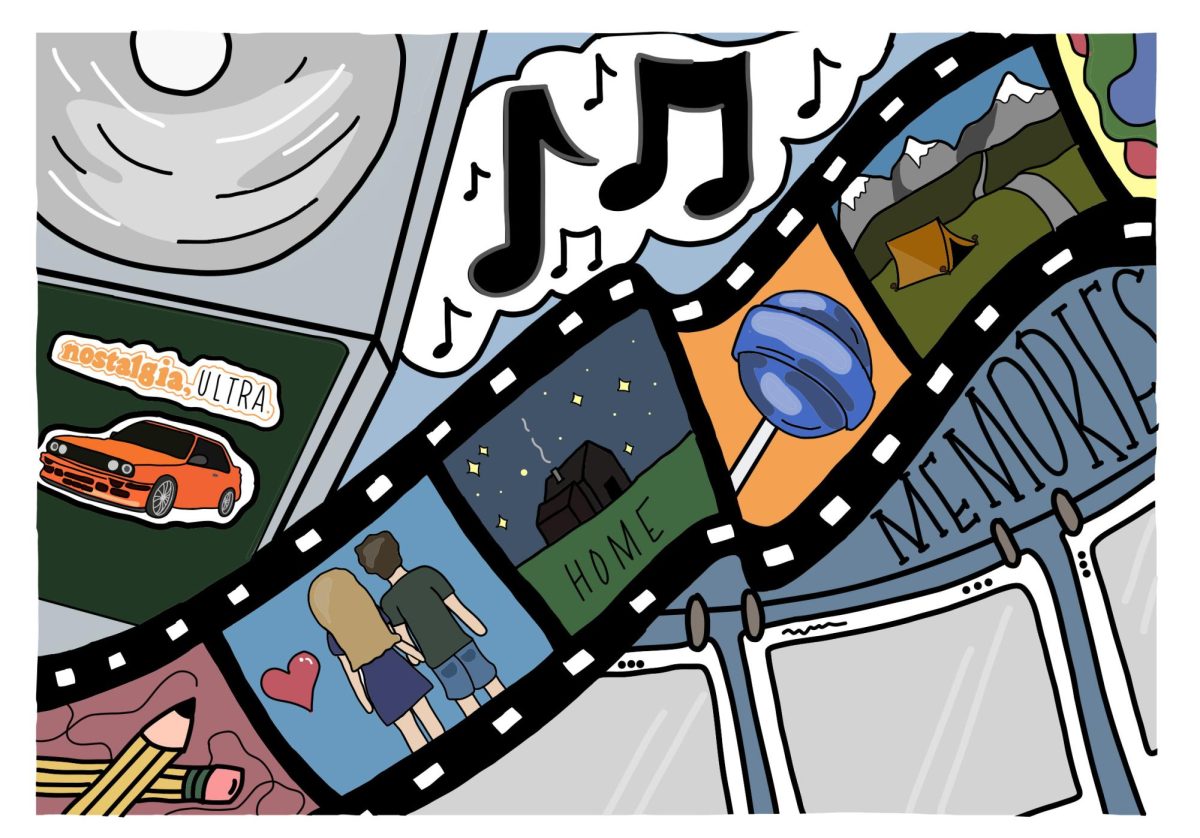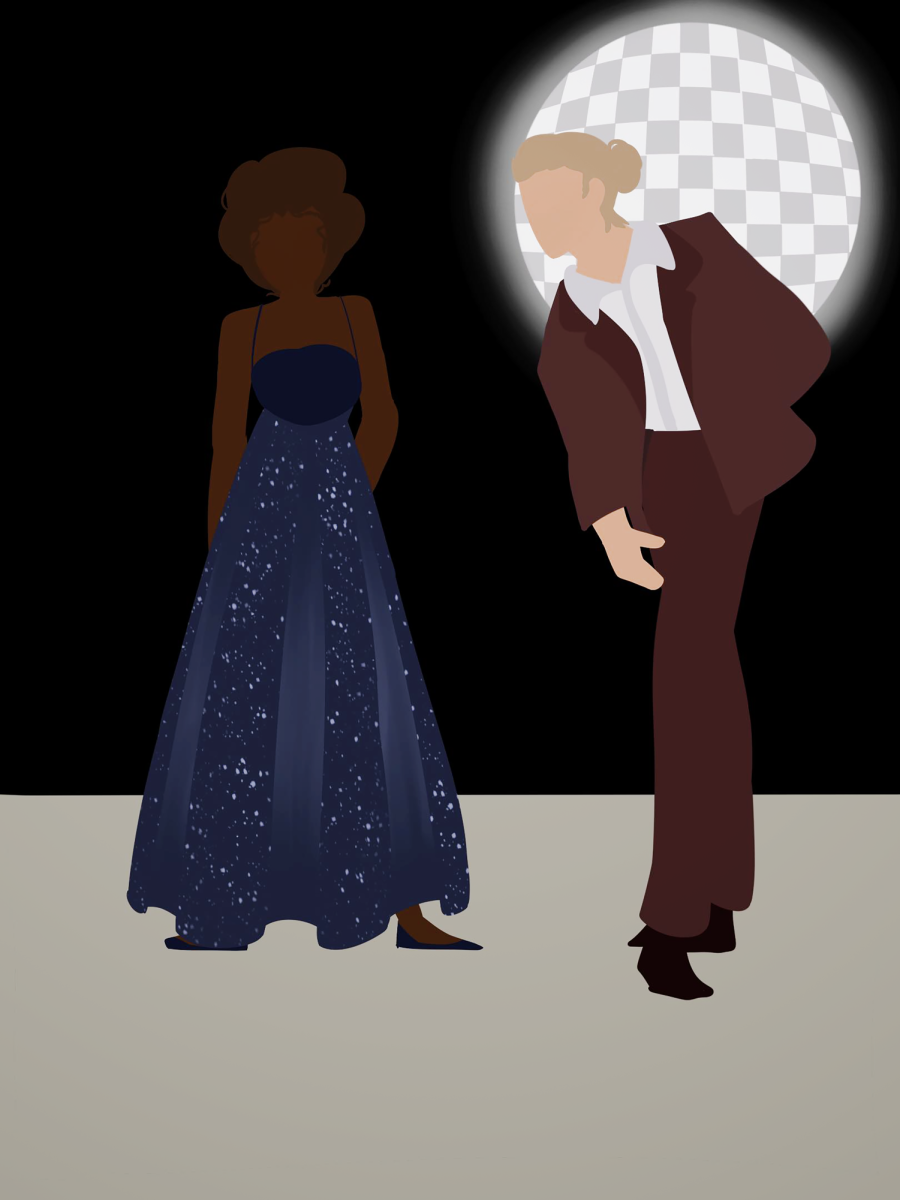Nostalgia: the sentimental feeling of longing to return to the past. The comfort within the stress of remembering; missing a version of yourself that you unknowingly lost somewhere on the path from then to now. It’s a poignant glance at a life you once held but still continue to search for, almost as if it’s someone else’s life you envy. Or, perhaps nostalgia comes in a constant yearning for something unknown, something distant—something buried but not truly forgotten. Nostalgia is all around us, tainting our existence in a persistent sorrow, leaving only crumbs of joy left in the act of reminiscing.
There’s a reason why nostalgia can be so blissful yet so excruciating. It’s easy to return to the past, but no one will be there to relive it alongside you. Like the fondness you feel for an old TV show or movie, except all the main characters have grown long past their time. You rewatch it over and over again, trying to capture the pleasure you felt from the first time you watched it, but it simply isn’t the same.
While reminiscing about positive experiences can strengthen and enhance one’s self-esteem and perception of life itself, excessively dwelling on the past can lead to avoidance of dealing with current challenges and may hinder personal growth, leading us to life choices that aren’t particularly in our best interest.
In many cases, nostalgia can cause us to look back on our past with rose-tinted glasses, rendering our experiences softer and more appealing than the actual event. We tend to remember the good times and forget about the bad, or we might even embellish the good times, amplifying and exaggerating positive experiences, which can result in unrealistic expectations of our present and future. Such idealization can prevent us from recognizing the negative aspects of our past and learning from them, causing us to repeat the same mistakes we may have made before.
When using nostalgia as a means of escapism or avoidance, constantly focusing on then instead of now, feelings of depression can stifle interest in forming new relationships and restrain our ability to move forward. Nostalgia has the potential to cast a longer shadow if you have a habit of worrying, causing a fixation on dark and unwanted thoughts. While nostalgia can have positive psychological effects on our mentality, it’s easy to overlook the depressive aspects that accompany it.
As nostalgia becomes a predominant part of our lives, it’s possible that our brains begin to seek it. The human mind craves nostalgia as it continues to develop, allowing us to create a sense of continuity and coherence in our lives. The past is an integral part of our identity, psychologists have even penned the nostalgic connection to the past as the mind’s unwillingness to let go. A sense of yearning such as this can lead to both comfort and despair, uncovering just how nostalgia can be categorized as a double-edged sword.
The good, the bad; the right, the wrong—through it all, nostalgia will always be a powerful emotion that persistently thrives in the back of our minds. This being said, understanding that nostalgia can concededly be a feeling of serenity and physical ease is the most crucial thing to remember when it comes to getting lost in reminiscing. We are reminded of the people we used to know and love, the places we once called home and the events and experiences that have shaped us. It’s an invitation to look back in time, to feel the joy within our memories, to experience the bliss and sorrows, and to relive the moments we once cherished.
Nostalgia: a complex, multifaceted emotion that carries the weight of our past alongside us. It can be both consoling and agonizing—blissful yet harrowing, but it remains a reminder of the simplest of times in our lives. More importantly, it grants us the wisdom of self-reflection and assists in the understanding of who we are and where we came from while persistently holding the promise of what is yet to come.








